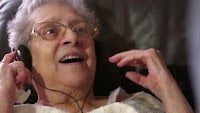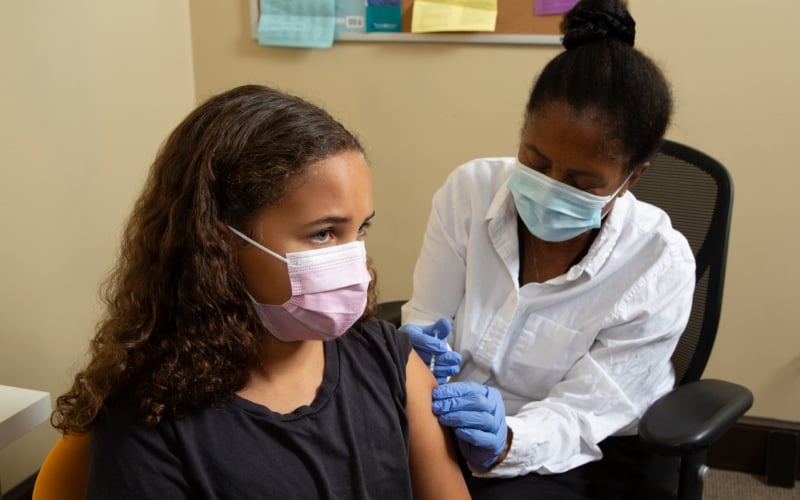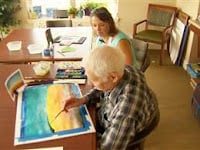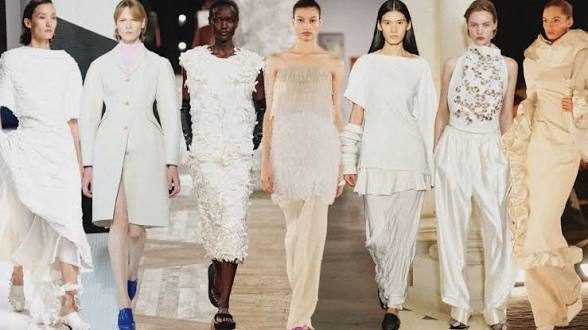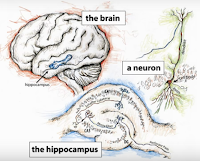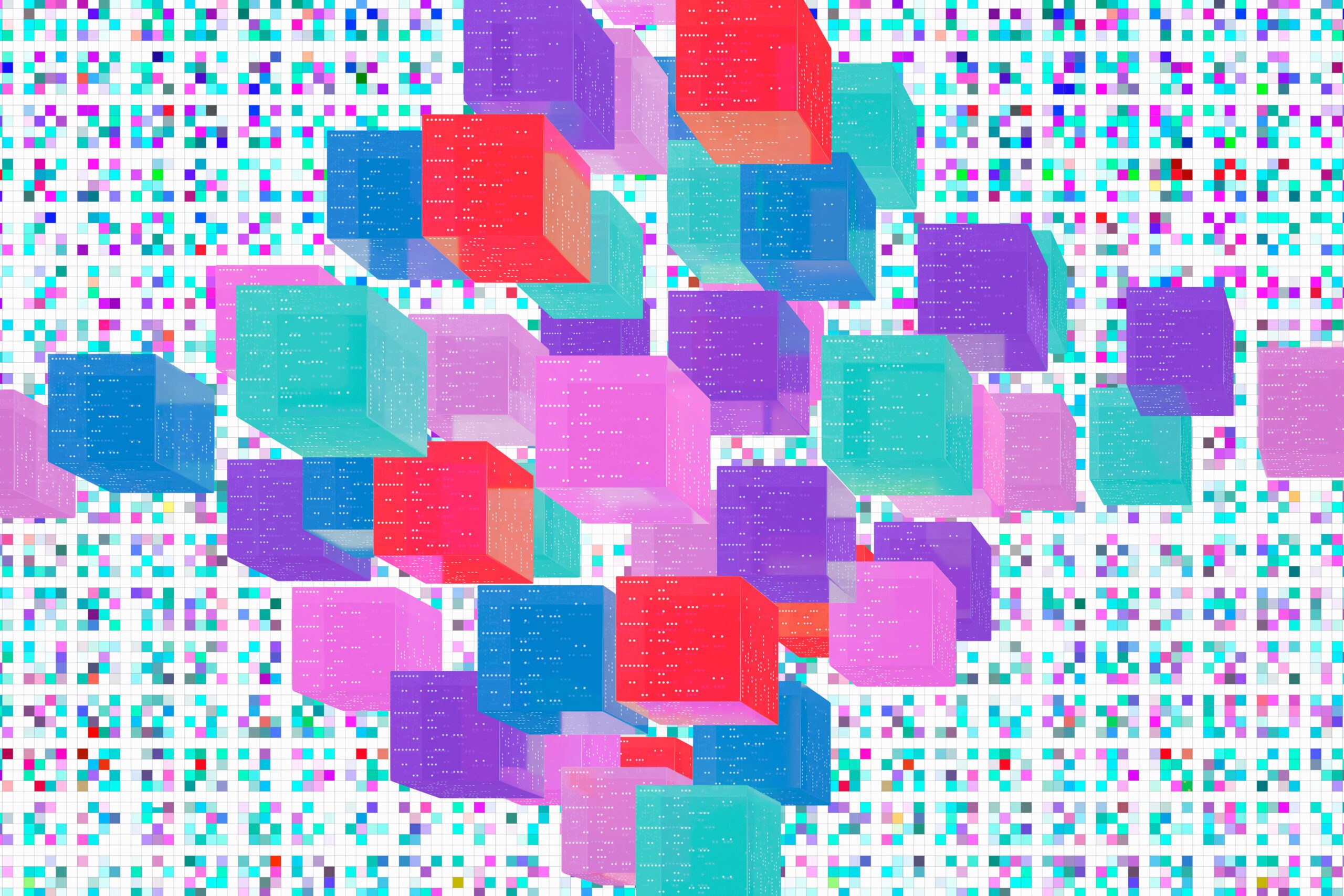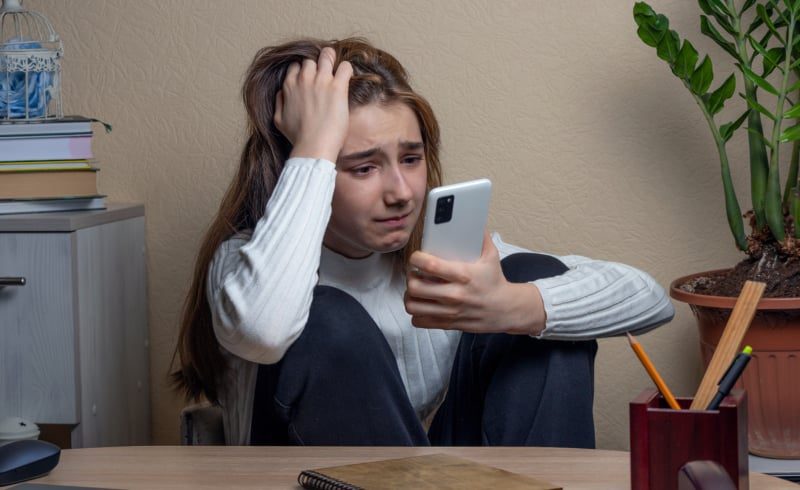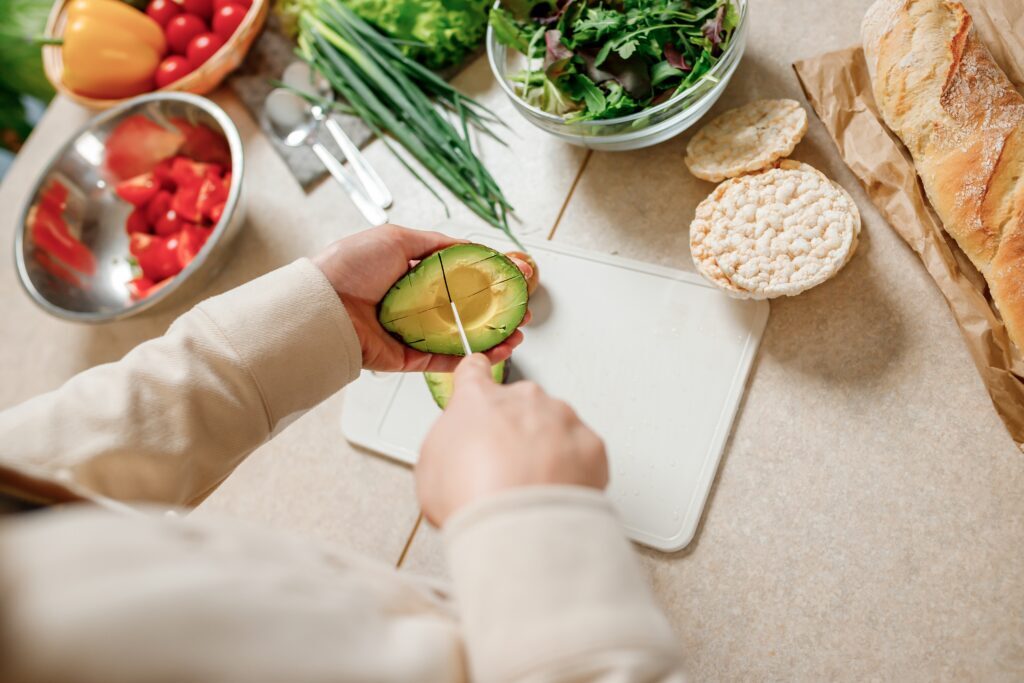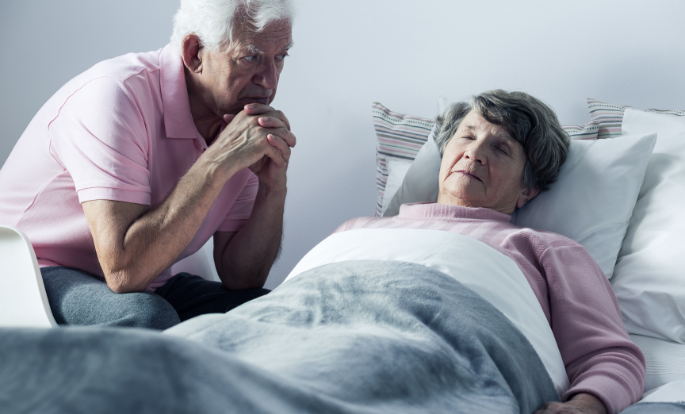
When I was growing up most all the caregivers in my world were women. The early memories I had of our family when my mother, father, and I enjoyed life in our little home in the San Fernando Valley town of Sherman Oaks, ended when my father was hospitalized. I was told he had suffered “a nervous breakdown,” which made little sense to a five-year old child, but I felt secure knowing my mother was there to care for me.
There were women caregivers in the nursery school I attended and my teachers in kindergarten and first grade were women. My pediatrician was a caring male, Dr. Minton, but the nurse in his office was a woman. Being raised by a single mom growing up, I met and interacted with other moms taking care of younger children. It seemed clear that caregiving, particularly for younger children, was primarily a woman’s job.
When I grew up, I vowed that I would find the right partner, we would get married, have two children, preferably a boy and a girl, raise them well, and live happily ever after. It didn’t quite work out that way. I did meet and marry the young woman I met in college. As planned, we had a son, then adopted a little girl. But the challenges of life pulled us apart and we divorced.
We both wanted to be primary caregivers for our children, but the court system favored the mother. Like many fathers, I became the secondary caregiver. But that changed when our daughter became more of a problem for my ex-wife and eventually she came to live with me.
Back then, it was unusual for a man to be caring for a young child. When I would take Angela to the local park to play, there were many single moms with young kids, but I was the only male. When I volunteered to help in her classroom in elementary school, there too, I was the only male. This was a time when many male caregivers were viewed with suspicion. I was aware of the looks I was getting from women. Why would a man want to be in a classroom with young children?
How Did Father Knows Best Become Father Knows Less or Father Molests?
Dr. Warren Farrell has been chosen by the Financial Times as one of the world’s top 100 thought leaders. His books are published in over 50 countries, and in 19 languages. They include The New York Times best-seller, Why Men Are the Way They Are and his most recent book, The Boy Crisis co-authored with John Gray.
In The Boy Crisis he asks,
“So how did Father Knows Best become Father Knows Less—or Father Molests? As divorces broke families apart, the 1950s forces of the era of Father Knows Best morphed into the forces of the era of Father Knows Less. The bumbling Homer Simpson inspired the longest-running prime-time sitcom in American TV history, with over six hundred episodes to date, bridging the presidencies of Reagan through Trump. Perhaps second place in the Father Knows Less contest goes to the clueless dads in Everybody Loves Raymond.”
Father Time: How Dads Are Being Called to Change the World for Good
Dr. Sarah Hrdy is an anthropologist and primatologist and one of the world’s leading experts on the evolutionary basis of female behavior in both nonhuman and human primates. Dr. Hrdy has recently turned her attention to men. I had a good fortune to meet Dr. Hrdy and interview her for a series of articles on male caregiving.
“It has long seemed self-evident that women care for babies and men do other things,” says Hrdy. “When evolutionary science came along, it rubber-stamped this venerable division of labor: mammalian males evolved to compete for status and mates, while females were purpose-built to gestate, suckle, and otherwise nurture the victors’ offspring.”
Hrdy admits that it took her a long time to recognize and appreciate the potential for males to be caregivers. In her book, Father Time: A Natural History of Men and Babies, Dr. Hrdy destroys the myths that have kept men disconnected from our evolutionary, God-given–rights to care, nurture, and hold our sons and daughters from the moment of their birth until…forever.
“My unexpected finding,” says Dr. Hrdy, “is that inside every man there lurk ancient caretaking tendencies that render a man every bit as protective and nurturing as the most committed mother. It is a journey that has forced me to rethink long held assumptions about man’s innately selfish, competitive, and violent nature.”
I concur. I have been an engaged father from the time I held our son shortly after he was born and made a promise that I would be a different kind of father than my father was able to be for me and to do everything I could to help create a world where fathers were fully involved with their families throughout their lives. That was November 21,1969 and our son, Jemal, will be fifty-six shortly. I took time away from work when he was born and shared in the direct care of diaper changing, holding, and getting up in the middle of the night to answer his cries. I loved being fully engaged in caregiving, not just fund raising.
When my wife and I fell in love in college in 1965 and made plans to marry, we decided we would have a child, then adopt a child. We felt the world was getting crowded and we wanted to parent a child who might need our loving care. When we brought our two-and-a-half-month-old African American daughter home, we were overjoyed and felt our family was complete.
As all parents know, children are a great gift and a great challenge. Our daughter, Angela, was born with a cleft palate which required surgery when she was a year old. She also has suffered from developmental disabilities. Over the years I was called upon to provide increasing care and for a time was the primary parent.
Being a care-giving father has been one of the greatest challenges and joys of my life. My wife and I now have six grown children, seventeen grandchildren, and four great grandchildren. We’ve both been involved with caregiving for our parents as they aged, dealt with illness, and eventually died.
I will be eight-two years old in December. We will celebrate Carlin’s 88th birthday in July. Three years ago, Carlin slipped on wet sidewalk and broke her hip. During the surgery she a mild stroke. Since then, I have become a full-time caregiver and have taken on many of the responsibilities that she carried through most of our married life including—paying bills and doing the taxes, preparing meals, and cleaning house.
I never realized how much women often do as the primary caregivers for children and aging adults until I began doing more myself. I also didn’t realize the great gift it is to be a caregiver and how important men can be in the lives of our children, parents, spouses, and families.
I realize that male caregivers are still a minority. I also realize there are more of us every day and we play an increasingly important role for our families and communities. But too many of us feel isolated and alone, not realizing there are other guys out there just like us.
If you are a male caregiver, I’d like to hear from you. I believe that more of us need to share our stories and explore ways we can give and receive support. Together we can change the world for good. November 19th is International Men’s Day and an opportunity to connect with what is good about men everywhere in the world.
Drop me a note to [email protected]. Put “male caregiver” in the subject line. Please share your own caregiving experiences. Come visit me at MenAlive.com. I send out my free weekly newsletter every Sunday and share my experiences and offer guidance for men and women looking to improve their personal, interpersonal, and relational, lives.
Disclaimer: This story is auto-aggregated by a computer program and has not been created or edited by healthlydays.
Publisher: Source link


